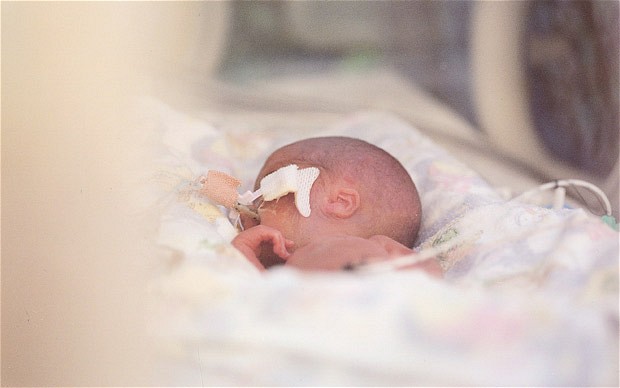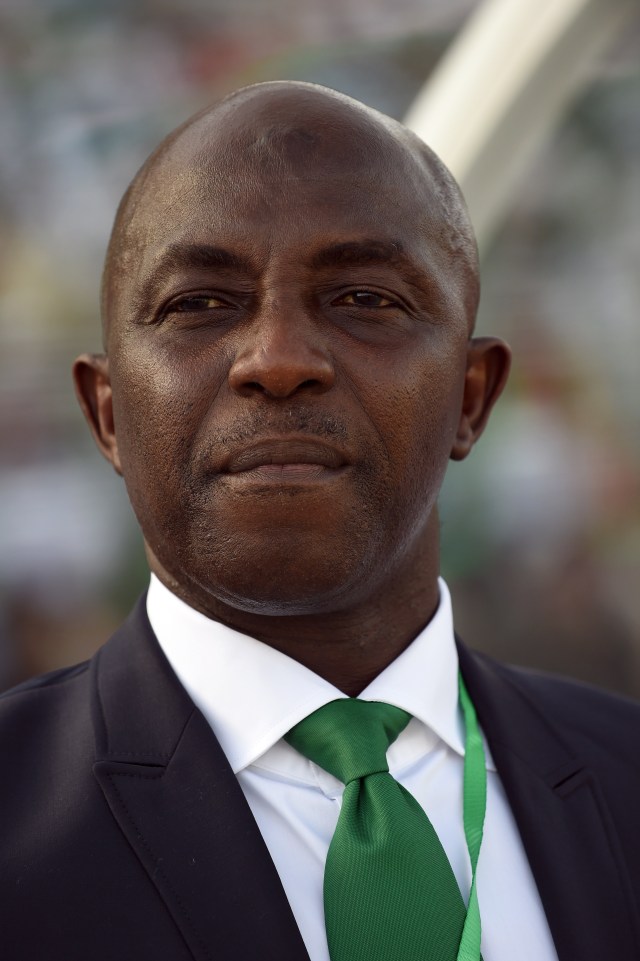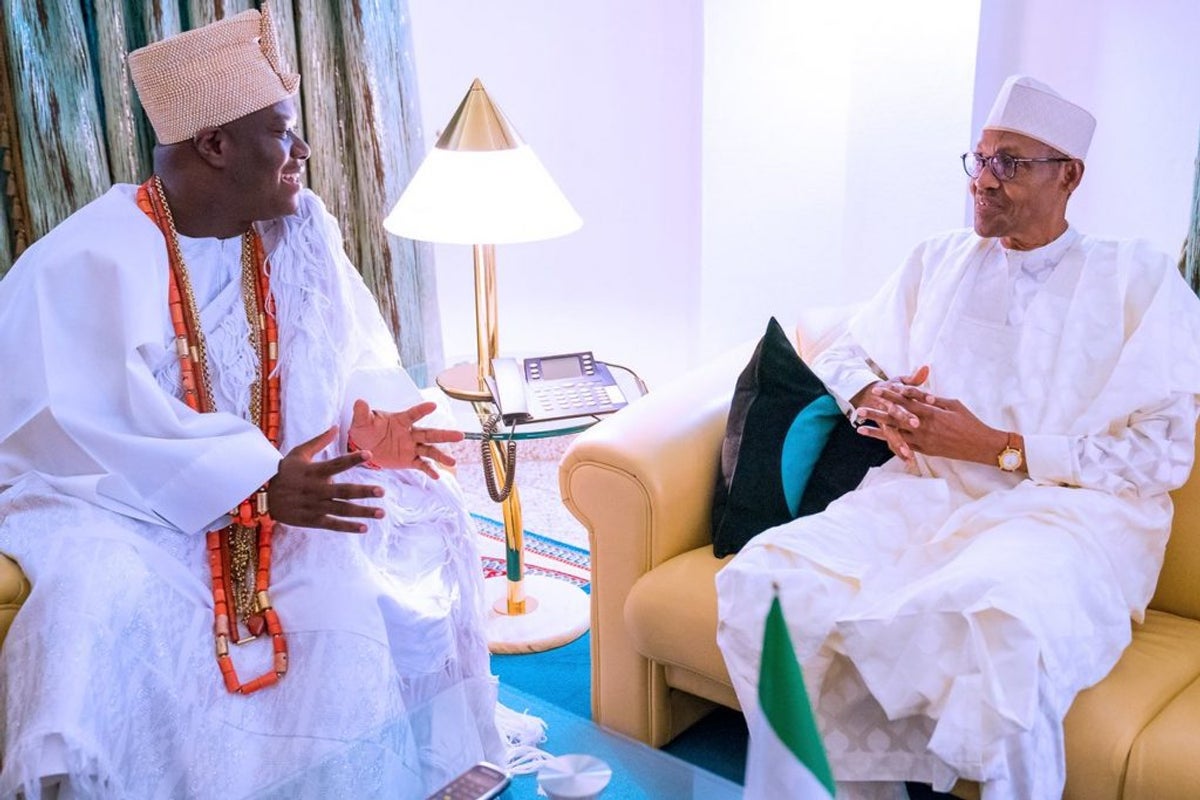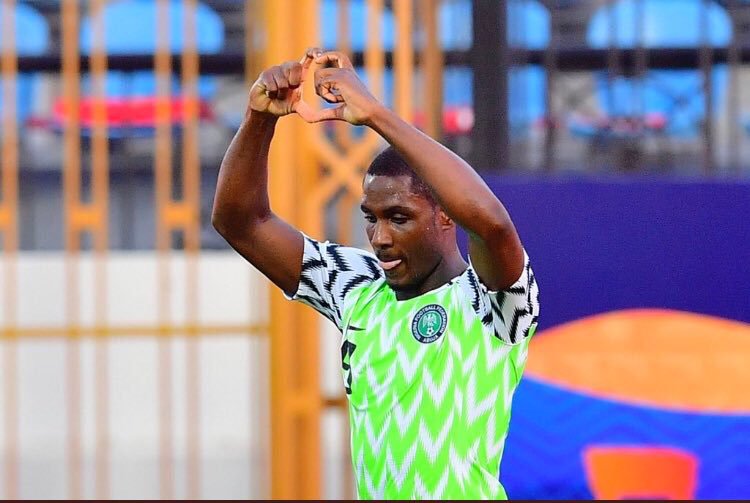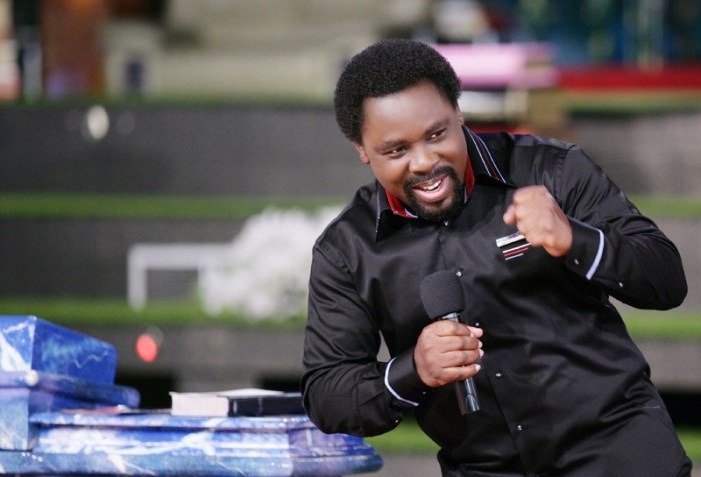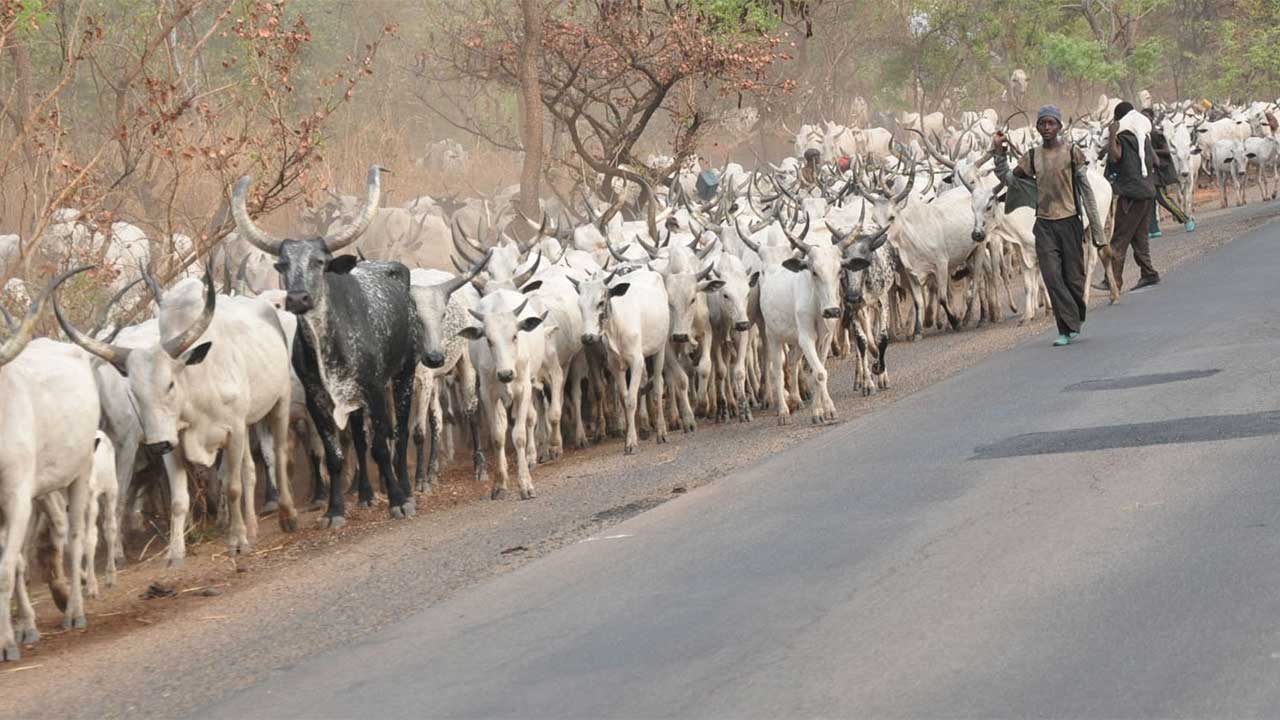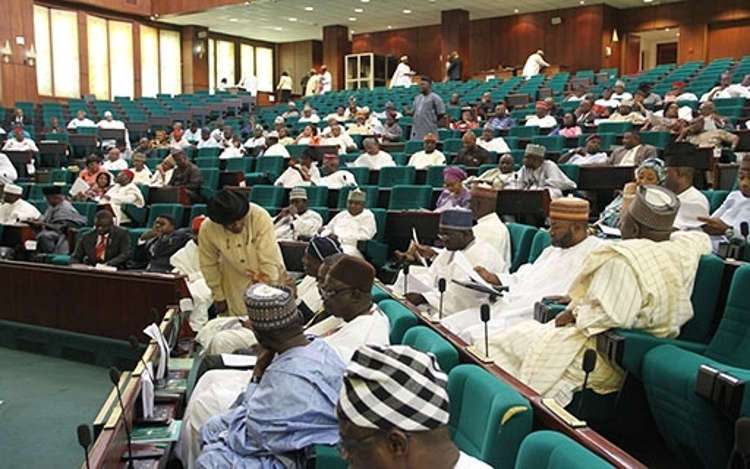Steering clear of certain foods and beverages may help to lessen your cancer risk, according to a growing body of evidence.
Eat this, don’t eat that, don’t eat this, eat that … the advice from scientific studies and the media (raises hand) on healthy eating can be confusing at best. But even so, there are certain foods that researchers routinely find appear to be linked to cancer. For starters, here are a handful of them. You may notice that many of them come with an environmental cost as well.
1. Processed meat
A report from the World Health Organization (WHO) doesn’t really mince words when it comes to cancer and processed meats, “According to the most recent estimates by the Global Burden of Disease Project, an independent academic research organization, about 34,000 cancer deaths per year worldwide are attributable to diets high in processed meat,” notes the organization. Defining processed meats as “meat that has been transformed through salting, curing, fermentation, smoking, or other processes to enhance flavour or improve preservation,” they put processed meats in the same category (IARC Group 1, carcinogenic to humans) as smoking and asbestos for cancer risk. The designation means there is sufficient evidence of carcinogenicity in humans. Examples include hot dogs, ham, sausages, corned beef, beef jerky, and canned meat.
2. Red meat
The same WHO report classified red meat as Group 2A, meaning that red meat is “probably carcinogenic to humans.” The organization writes, “In the case of red meat, the classification is based on limited evidence from epidemiological studies showing positive associations between eating red meat and developing colorectal cancer as well as strong mechanistic evidence.” They also note evidence of links with pancreatic cancer and prostate cancer. Red meat includes all “mammalian muscle meat,” including, beef, veal, pork, lamb, mutton, horse, and goat.
Aside from reducing one’s risk for cancer, giving up or cutting down on red meat consumption also provides relief to a planet over-burdened by an industry trying to grow enough animals to meet our appetites.
3 Soda and juice
There has been some flipping and flopping about the link between sugar and cancer, but a large new study out of France just concluded that drinking a small glass of a sugary drink per day (100 milliliter, or about 3.3 ounces) is linked to an 18 percent increase in overall cancer risk and a 22 percent increase in risk for breast cancer. And it wasn’t just sugary sodas to blame; 100 percent fruit juice was implicated as well. (Most experts recommend eating the whole fruit, which comes with all that good fiber, rather than just the juice, which is primarily sugar; natural sugar, but sugar nonetheless.)
From the study: “We found that an increase in sugary drink consumption was positively associated with the risk of overall cancer and breast cancer. When the group of sugary drinks was split into 100% fruit juices and other sugary drinks, the consumption of both beverage types was associated with a higher risk of overall cancer.”
The cohort study involved more than 100,000 participants, and the findings suggest that sugary drinks could be a modifiable risk factor for cancer prevention.
4. Alcohol
For those of us who love wine with dinner, the Mediterranean diet and its red wine gave us the green light for some moderate tippling. Alas, the National Cancer Institute may put the kibosh on that, noting: “There is a strong scientific consensus that alcohol drinking can cause several types of cancer. In its Report on Carcinogens, the National Toxicology Program of the US Department of Health and Human Services lists consumption of alcoholic beverages as a known human carcinogen.”
The Institute cites evidence that the more one drinks, especially regularly and over time, the higher their risk of developing an alcohol-related cancer. “Even light drinkers (those who have no more than one drink per day) and binge drinkers have a modestly increased risk of some cancers.” Sigh.
5. Ultra-processed foods
Research from the NutriNet-Santé cohort study – the group for which the data on sugary drinks was compiled – also found a connection between cancer and ultra-processed food. Ultra-processed food, according to the study, includes:
“…Mass produced packaged breads and buns; sweet or savoury packaged snacks; industrialised confectionery and desserts; sodas and sweetened drinks; meat balls, poultry and fish nuggets, and other reconstituted meat products transformed with addition of preservatives other than salt (for example, nitrites); instant noodles and soups; frozen or shelf stable ready meals; and other food products made mostly or entirely from sugar, oils and fats, and other substances not commonly used in culinary preparations such as hydrogenated oils, modified starches, and protein isolates. Industrial processes notably include hydrogenation, hydrolysis, extruding, moulding, reshaping, and pre-processing by frying.”
The researchers found that a 10 percent increase in the amount of ultra-processed foods consumed was linked to a 12 percent increase in cancer. They were unable to isolate the specific components of these foods responsible for the results, so until further notice it may be best to avoid them altogether.


